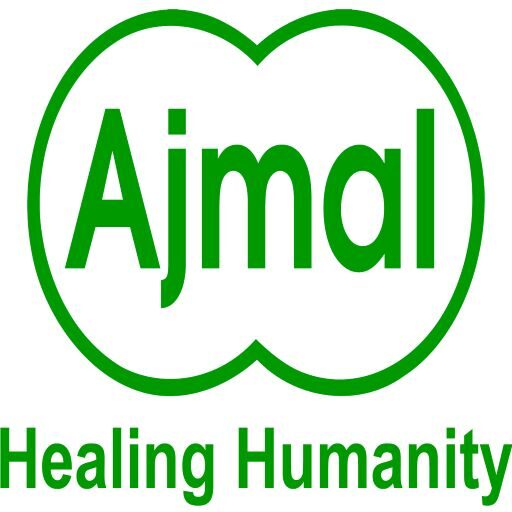Unani System of Medicine
The Unani System of Medicine refers to Graeco-Arabic medicine, which is based on the teachings of the Greek physician Hippocrates and the Roman physicians Galen, which was developed into an elaborate medical system during the Middle Ages by Arabian and Persian physicians, such as Ali Raban Tabri (d. 870), Al-Dinawari (d. 895), Al-Razi (Rhazes, d. 925), Ibn Juljul (Gilgil, d. 994), Al-Zahrawi (Abulcassis, d. 1013), Ibn Sina (Avicenna, d. 1037), Ibn Zuhr (Avenzoar, d. 1162), Al-Ghafiqi (d. 1170), Ibn Baytar (d. 1248) and Ibn Nafis (Ebenefis, d. 1288).
Unani medicines became enriched by imbibing what was best in the contemporary systems of traditional medicines in Egypt, Syria, Iraq, Persia, India and other Middle Eastern countries. In the Indo–Pak subcontinent, the Unani System of Medicine was introduced by the Arabs and soon, it took firm roots. During the Delhi Sultanate period (1192-1526 AD), the Delhi Sultans provided patronage to the Unani System’s scholars and even enrolled some state employees and court physicians. Between the 13th and the 19th centuries, Unani medicine had its hey-day in India. During the British rule, the Unani system suffered a setback due to the withdrawal of the state patronage but continued to be practised as the masses reposed faith in the system. It was mainly due to the Sharifi Family’s efforts and Hakim Ajmal Khan’s family in Delhi, the Azizi Family in Lucknow, the Tayyebi Family in Indore and the patronage of Nizam of Hyderabad that the Unani medicine survived during the British period.
In India, the concept of research in the Unani system of medicine was initially perceived, in the 1920s, by Masih-ul-Mulk Hakim Ajmal Khan (my great grandfather), a versatile genius. Hakim Ajmal Khan is considered as one of the 100 great Muslim leaders of the 20th century. He draws his ancestry from the famous Saint Khwaja Ubaidullah Ahrar (1404 – 1490) from Samarqand in Central Asia. Hakim Ajmal Khan (1868 – 1927) spotted Dr Salimuzzaman Siddiqui (1897 – 1994), a chemist, for the undertaking of chemical studies on some important medicinal plants used in Unani Medicine. Dr Siddiqui undertook the task visualized by Masih-ul-Mulk, and his discovery of a plant’s medicinal properties, commonly known as Asrol (Pagal Booti), which led to sustained research that established the unique efficacy of this plant known worldwide as Rauwolfia serpentina of the Apocynaceae family. It is used for neurovascular and nervous disorders, such as hypertension and insanity, schizophrenia, hysteria, insomnia and psychosomatic conditions, etc.



